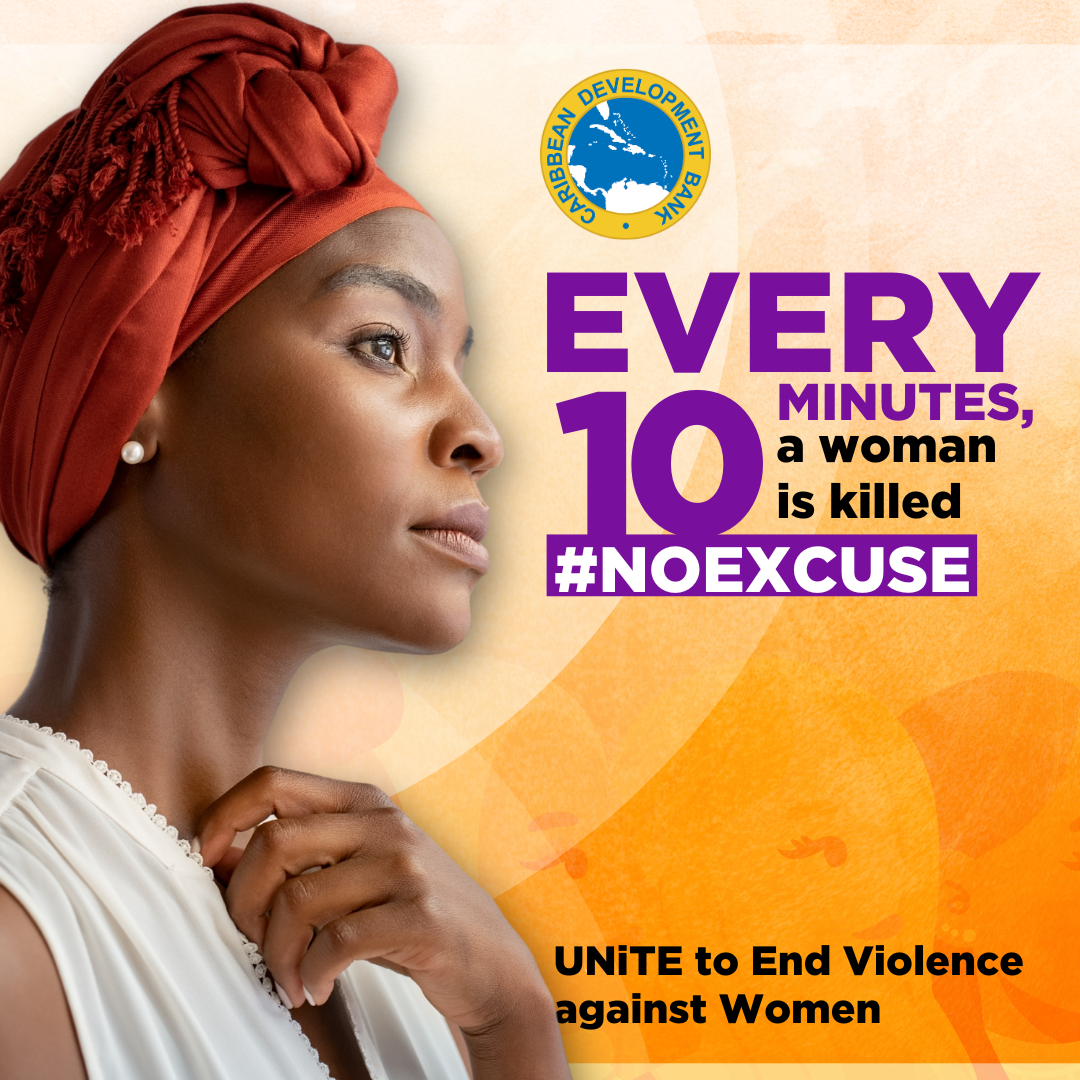Multilateral Development Banks United to End Violence Against Women

Joint Statement by the Asian Development Bank, Asian Infrastructure Investment Bank, Caribbean Development Bank, Council of Europe Development Bank, European Bank for Reconstruction and Development, European Investment Bank, Inter-American Development Bank, Islamic Development Bank, New Development Bank and World Bank Group on the occasion of the International Day for the Elimination of Violence Against Women.
Gender-Based Violence (GBV) remains pervasive across the globe. Although 189 countries are party to the Convention on the Elimination of All Forms of Discrimination against Women (CEDAW), one in three women globally experience physical or sexual intimate partner violence in their lifetime. Women face the risk of physical, sexual, psychological, economic and legal violence in many aspects of their lives, including at home, and in public spaces such as transportation, schools, and the workplace. Cases of cyberviolence are increasing exponentially across the world.
GBV is not only a violation of human rights, but also an impediment to growth, and the reduction of poverty and inequality. Workplace harassment and violence against women cost the global economy an estimated US$6 trillion annually. The high prevalence of GBV generates deep and long-lasting negative impacts. Direct victims of GBV often suffer physical and mental consequences that impact their short- and long-term well-being. Violence also impacts the economic stability of survivors by reducing their chances of stable employment, therefore increasing economic dependence on aggressors. Among pregnant women, GBV can also negatively impact the health of children at birth. Exposure to GBV during childhood can have lifelong effects on the educational outcomes of children and youth.
There is increasing evidence of the development potential that can be realised by eliminating violence against women and addressing gender inequalities to accelerate global economic growth.
The Asian Development Bank, Asian Infrastructure Investment Bank, Caribbean Development Bank, Council of Europe Development Bank, European Bank for Reconstruction and Development, European Investment Bank, Inter-American Development Bank, Islamic Development Bank, New Development Bank and World Bank Group are well positioned to work with multisectoral stakeholders to prevent GBV, support survivors, and improve access to justice.
Acknowledging previous agreements, we commit to individually and collectively expand programmes to eliminate violence in all aspects of our work. In line with our respective mandates, we commit to work together and in collaboration with other international organisations, governments, civil society and the private sector, prioritising all, or some, of the following activities:
- Support evidence-based prevention and response services and programs for survivors in key sectors such as employment, education, social protection, health, citizen security, transportation, as well as strengthening the system to track the programmes supported by the Banks.
- Enhance effectiveness of our clients in guaranteeing access to justice for survivors of GBV and reducing impunity.
- Boost the capacity of the private sector to prevent and respond to GBV.
- Support improvements in the quality and consistency of data collection systems to better track, report, and address GBV, ensuring timely and effective support for victims.
- Invest in and scale-up innovative practices to address GBV globally.
On this International Day for the Elimination of Violence Against Women, we stand united in our efforts to create a world where women and girls live free from violence.




